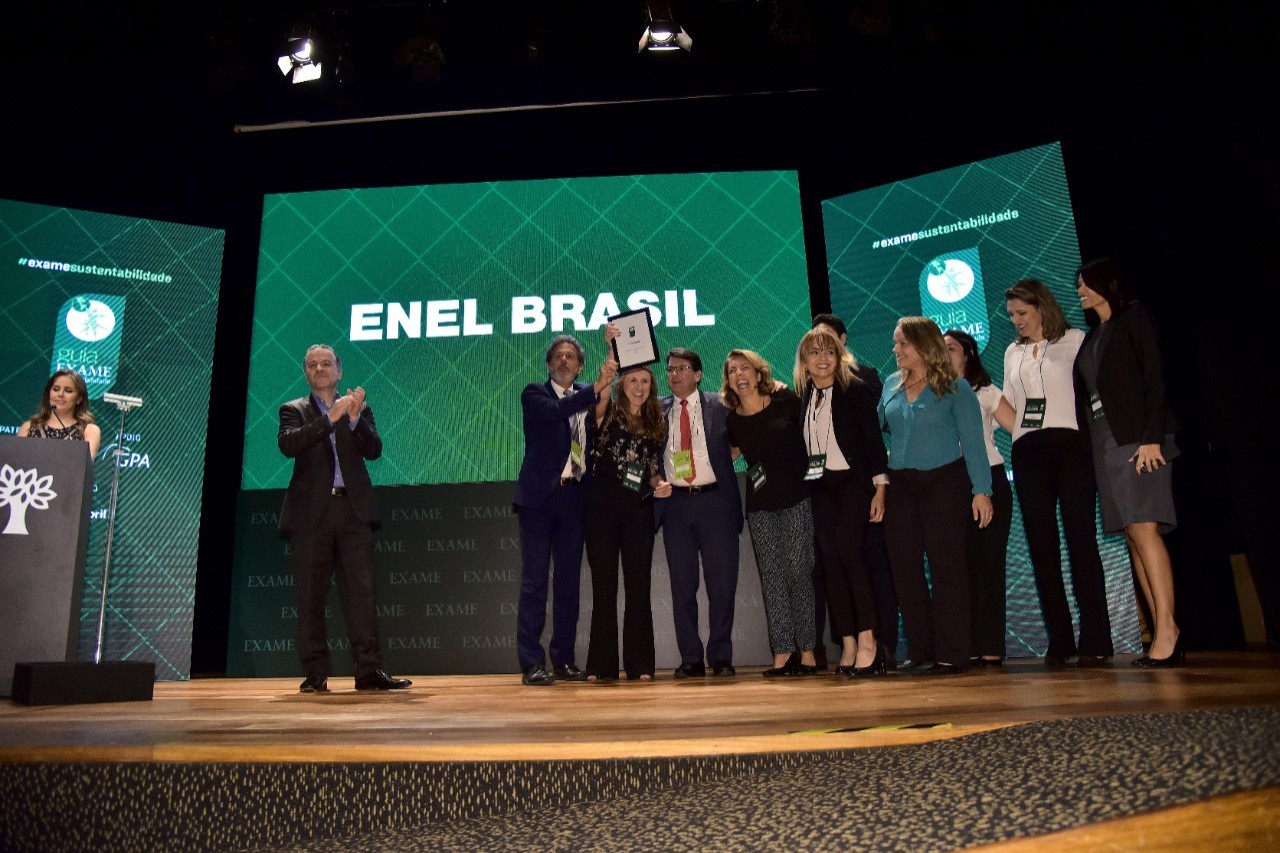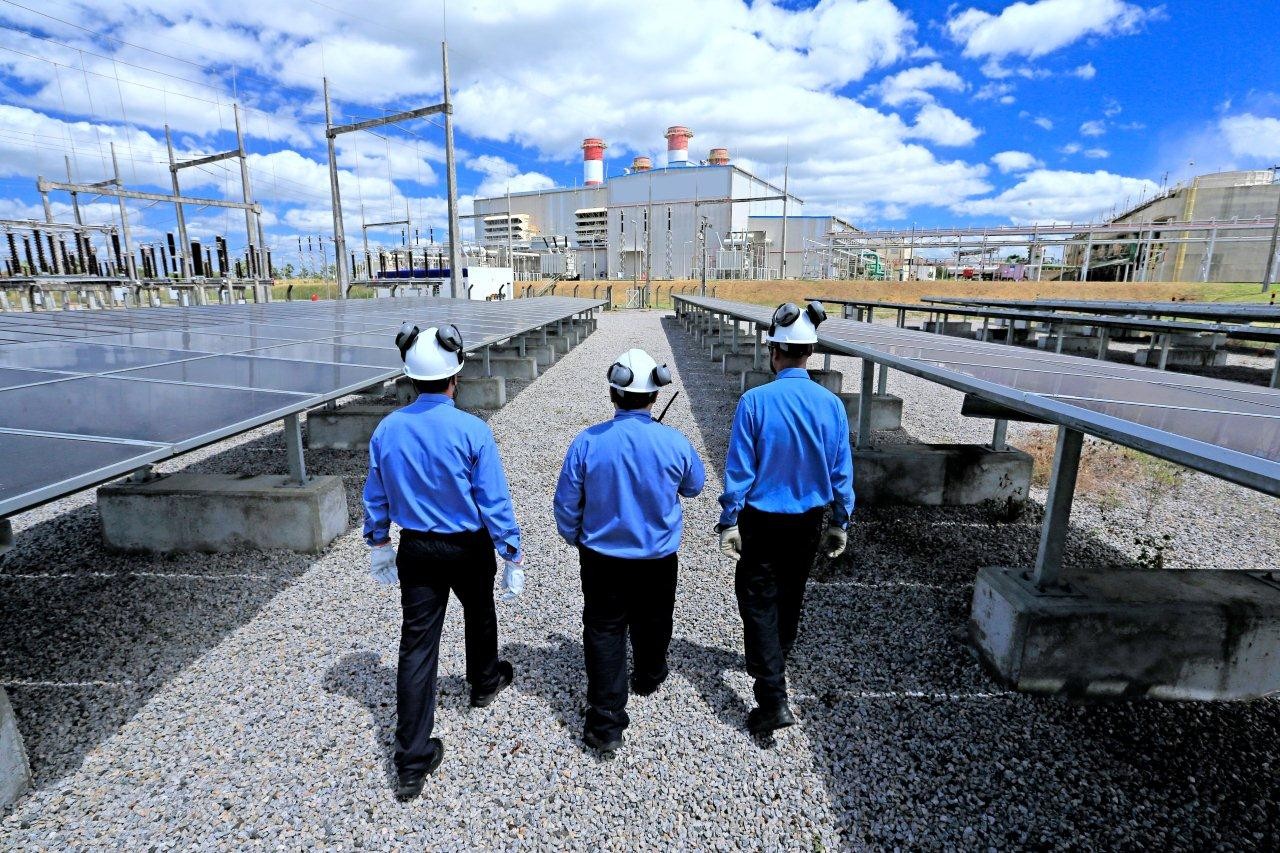Enel Brasil considers transparency and integrity essential to business and, therefore, follows the Ethical Standards of Enel S.p.A, applied to all group companies around the world, to all its employees and the supply chain. The standards express ethical commitments and responsibilities in the performance of business activities and operations carried out by employees.
The ethical behavior of Enel group is also based on the Zero Tolerance Plan for Corruption and the “231 Guidelines”. Furthermore, Enel Brasil follows Brazilian Law No. 12,846/2013 (Anti-Corruption Law).
Ethical Standards: cover the principles of the Universal Declaration of Human Rights, the Global Compact and the Declarations of Principles of the International Labor Organization (ILO), as well as the Millennium Development Goals.
Zero Tolerance to Corruption Plan: commitment to combating corruption, in accordance with the principles of the Global Compact and criteria recommended by the non-governmental organization Transparency International.
Italian Decree 231/01: defines Guidelines 231 and establishes a Compliance Program with the identification of expected behaviors of Enel's non-Italian subsidiaries related parties.
The company also has the Criminal Risk Prevention Program (Integrity Program) which describes the behaviors and general principles of action expected from Enel Group employees in Brazil, which represent the company's fundamental values to achieve its business objectives and at the same time to prevent the materialization of risks. The program is applicable to all employees in their roles of representation, administration, management, company operation or control, as well as to those who act on behalf of the company. Furthermore, the company requires that all affiliates or associates, suppliers and partners adopt behavior consistent with established ethical principles.
To ensure the dissemination of Enel Brasil's ethical commitments to new employees, the company carries out the Welcome program – in which initiatives to combat corruption are highlighted. Furthermore, during the selection process for new employees, candidates sign a declaration of interest conflict. If the candidate indicates the existence of a conflict, an analysis of the criticality is carried out and, if necessary, a formal consultation with Internal Audit is carried out. In cases of corruption, employees are laid off.
In relationship with its suppliers, Enel Brasil also adopts measures to avoid any interest conflict and, in cases of corruption, suppliers have their contracts closed, becoming subject to legal measures.
Control Tools
In order to guarantee the control of actions identified as unethical, Enel Brasil has different assessment tools and the correct management of these issues.
Ethical Channel – Available on intranet and internet, the Channel receives complaints about inappropriate corporate practices and behavior, relating to confidentiality, interest conflicts in audits, misappropriation, environment , health and safety and problems with suppliers and service providers.
Internal audit – Administratively linked to holding Enel Brasil, and functionally dependent on Enel S.p.A. in Italy, Internal Audit area assesses compliance with standards and procedures and has an annual audit program, coordinated at a corporate level, in order to guarantee its autonomy in relation to the company's boards. Audits cover all areas of the company and consider aspects such as fraud and corruption.
Internal control unit – Intended to assist in the evaluation, validation and certification of internal controls that generate information in the financial statements of Enel Brasil companies, the Unit was created to meet the requirements of section 404 of Sarbanes-Oxley Act of Italian law 262/05. The team is made up of an internal committee, with evaluators (supervisors and technical analysts), legitimizers (managers) and certifiers (directors) and uses the GRC-PC system (Governance Risk Compliance – Process Control) for managing internal controls.
Click here to access the Ethics Channel
Click here to learn about our Emergency Action Plans for dams






